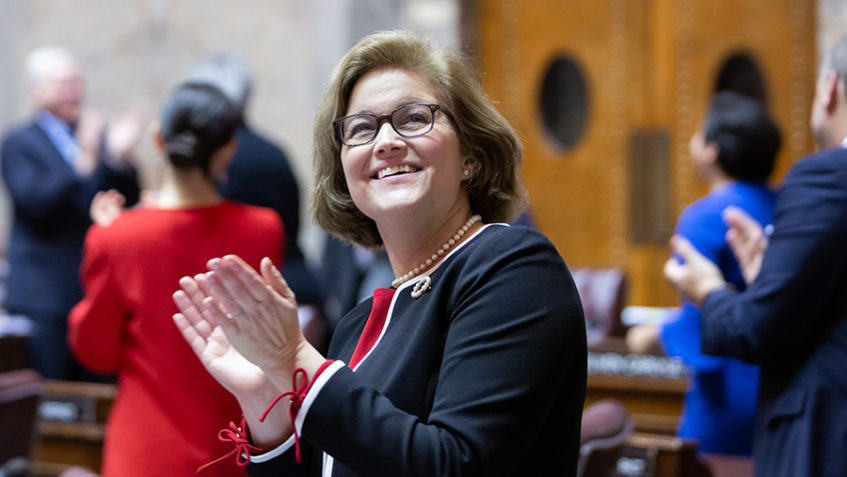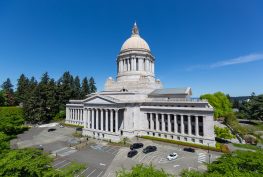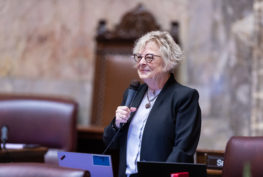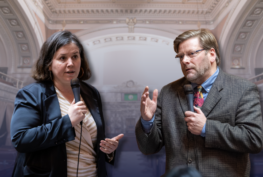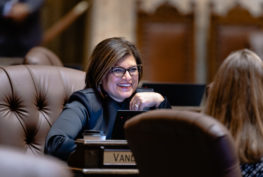OLYMPIA – Senate Democrats today unveiled their 2020 supplemental operating budget, proposing to invest an additional $115 million this year to directly address the state’s homelessness crisis.
“This is a realistic, sustainable and responsible budget that will make a difference in people’s daily lives,” said Christine Rolfes (D-Bainbridge Island), chair of the Senate Ways & Means Committee and chief budget writer. “Our economy remains strong and our state’s bond rating is at historic highs, but we also recognize the growing needs of our growing state.
“I’m proud this budget makes targeted investments without any new taxes. It’s a budget that reflects the values of our great state by promoting strong families, healthy communities, and an economy that works for everyone across the state.”
The Senate proposal includes nearly $1 billion in new spending, including significant increases in funding for childcare and early learning as well as a historic investment to address climate change impacts across the state. The proposed investments will strengthen the $52.4 billion, two-year budget passed by lawmakers last year while reserving a total of $2.9 billion in the state rainy day fund to guard against a downturn in the economy.
“This is a smart budget that will make critical investments while leaving our state’s finances on solid footing when we return next January to write the next biennial budget,” Rolfes said. “I look forward to passing our budget off the Senate floor later this week and working with my colleagues in the House to deliver a strong, balanced budget to the governor and finish the people’s work on time.”
Highlights of the 2020 Supplemental Budget Proposal
The Senate proposal uses $315 million in one-time revenue received in the February forecast to invest:
- $115 million to address homelessness by increasing shelter capacity and keeping vulnerable families housed.
- $100 million to address the climate crisis by investing in communities and projects to enhance mitigation and resiliency.
- $100 million toward a new UW Behavioral Health Hospital, which lawmakers approved in 2019 to address a workforce shortage and a lack of adequate beds for patients.
The Senate proposal makes several other funding increases:
- $128 million in K-12 education spending for local levy assistance ($46M), special education ($21M), pupil transportation ($41M), paraeducator training ($12M), and other increases.
- $184 million in health care spending for managed care ($61M), primary care physician rate increases ($10M), rural health clinics ($34M), family planning ($8M), and other increases.
- $116 million to the state Dept. of Children and Families to reduce childcare rates for working families ($27M), strengthen the foster care system ($20M), expand early learning programs ($5M), and other increases.
Other budget items of note include:
- $33.7 million to support struggling nursing homes by increasing Medicaid rates.
- $20 million for wildfire suppression and prevention.
- $10 million for enhanced election technology and security.
- $5 million to cover the costs associated with the coronavirus outbreak, including dedicated call center, monitoring, and support for local health jurisdictions.
Click here to find budget LEAP documents and summaries.
About the Supplemental Budget
Supplemental budgets are passed in even years and allow the state to make mid-course corrections to the two-year budget passed in odd years. It gives the state the opportunity to adjust its spending to keep families safe, provide high-quality education, and address other emergent needs like mental health care.

